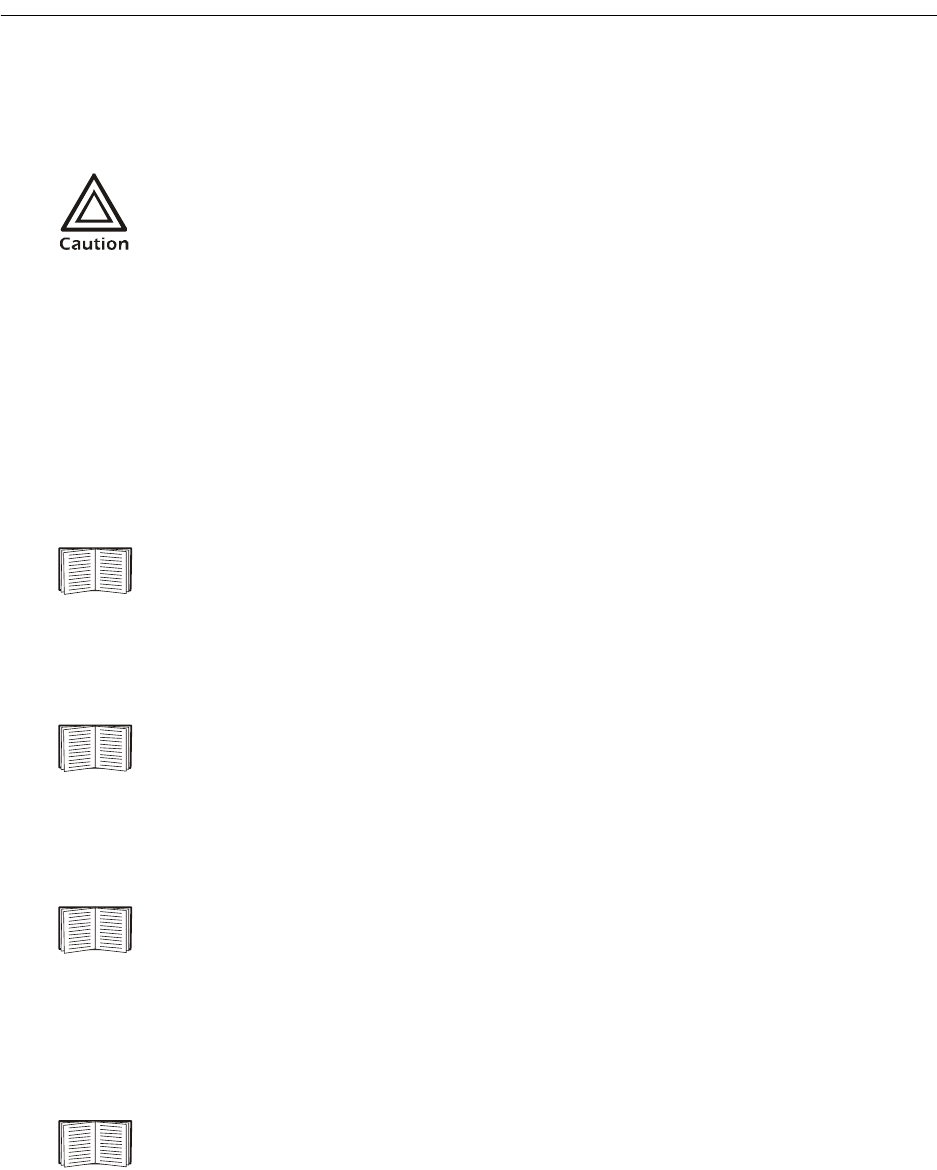
20 NetworkAIR IR Operation, Maintenance, and Troubleshooting
Control the Environment
The System controls the room environment by engaging one of four modes: Cool, Dehumidify,
Reheat, or Humidify. These modes may work differently depending on the options and equipment
installed in your Modules.
How the modes work
Cool. When the cool mode uses a Chilled Water coil, the output is determined by the difference
between the setpoint and the measured air temperature (control temperature) of each of the Modules
in the System (if more than one Module is present). The control temperature can be the average return
sensor value, the average remote sensor value, or the maximum remote sensor value, depending on
the System settings (Path: Main > Setup > System > System Setup > System Config > Sensor
Setup)
The Proportional plus Integral plus Derivative (PID) control loop calculates the output as demand
increases and opens the valve controlling the flow of coolant into the coil. The PID adjusts the output
as required to maintain the temperature at the setpoint.
Reheat (Electric SCR and Modulating Hot Water). The SCR (silicon-controlled rectifier)
electric reheat function is controlled by the reheat PID controller. The PID controller adjusts the
output as required to maintain the temperature at the setpoint.
Reheat (Hot Gas, Steam, Hot Water On/Off). The output of the hot gas, steam, and hot water
on/off reheat options is determined by the difference between the setpoint and control temperature of
the Module. When the control temperature at the Module reaches the setpoint minus the deadband,
the reheat mode activates until the control temperature rises to the setpoint.
The environmental controls are set when your System is installed. Changing settings
described in this section after the system has been commissioned may result in
improper operation.
See “Sensor setup” on page 9 to choose the source of the temperature value which
the Module uses to calculate demand.
See “PID controls” on page 23 for a description of the PID controls and
instructions on tuning the fluid coil PID loop.
See “PID controls” on page 23 for a description of the PID controls and
instructions on tuning the reheat PID loop.
See “Deadbands” on page 22 for acceptable reheat deadband values.


















